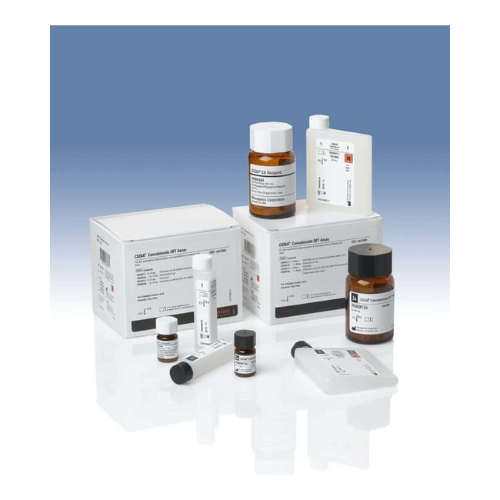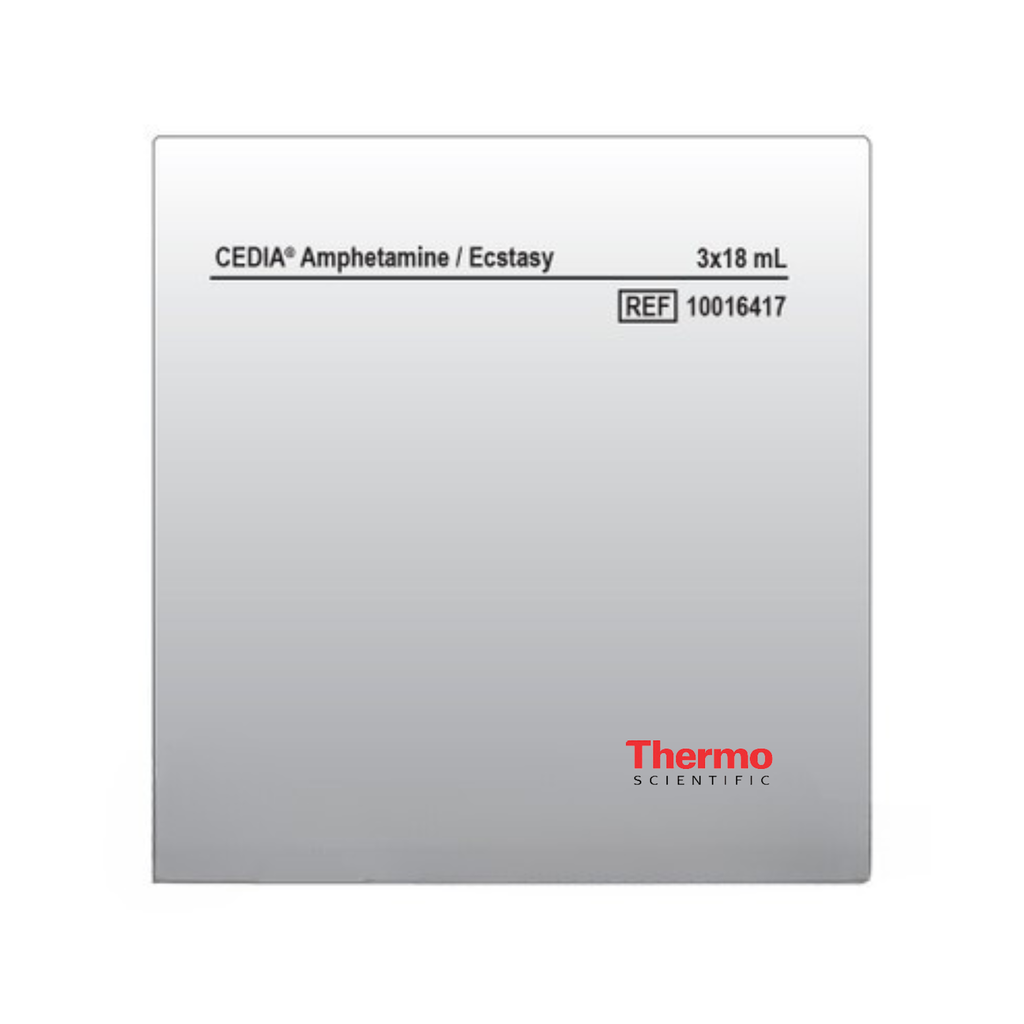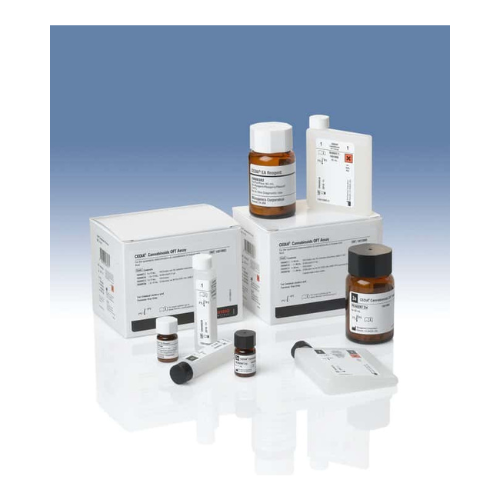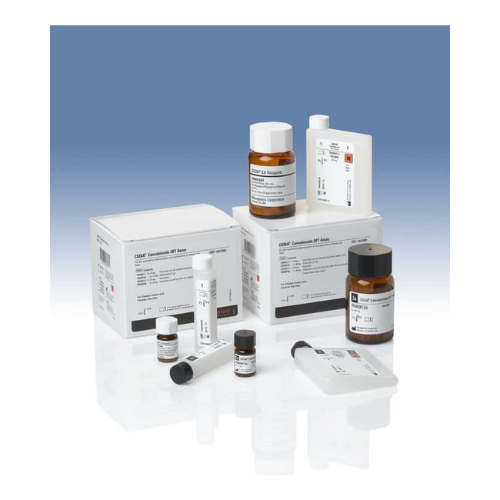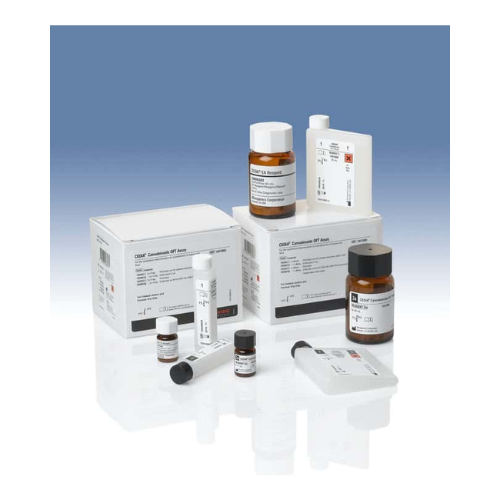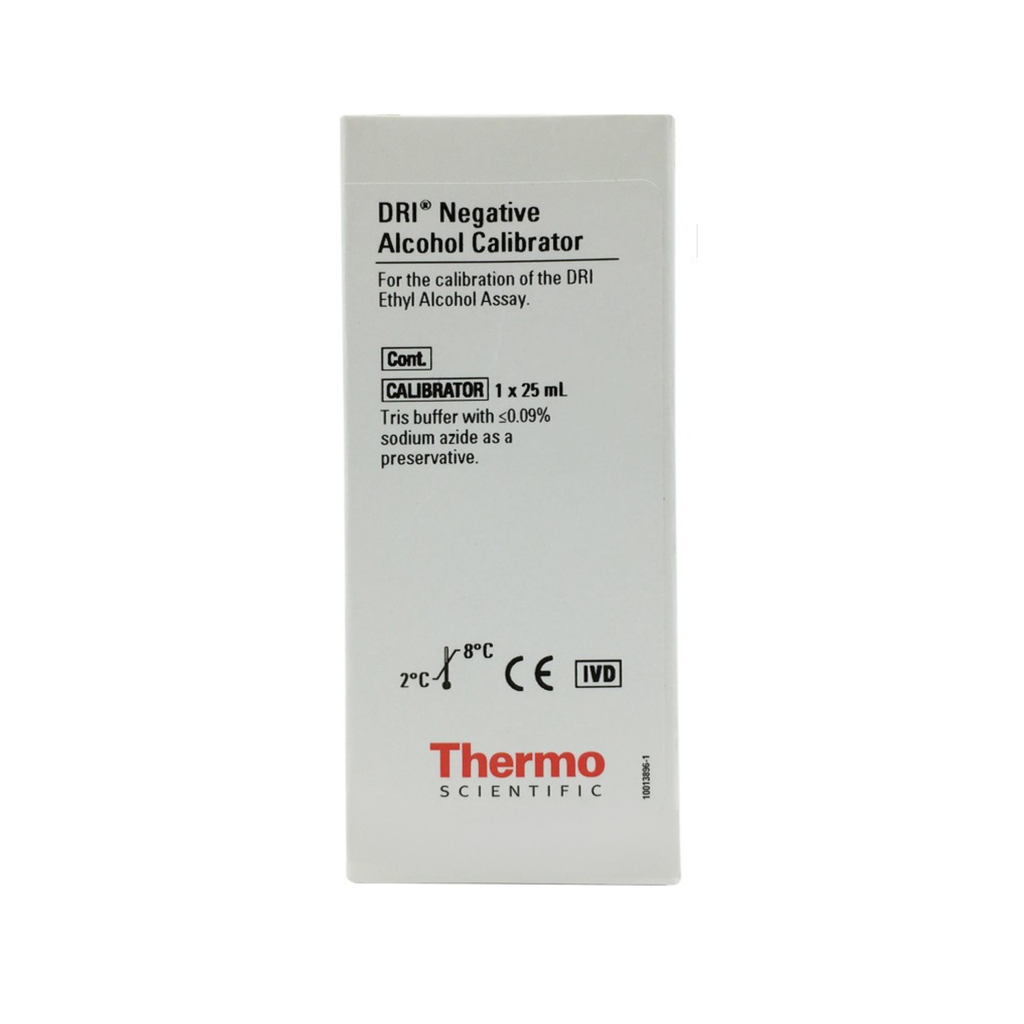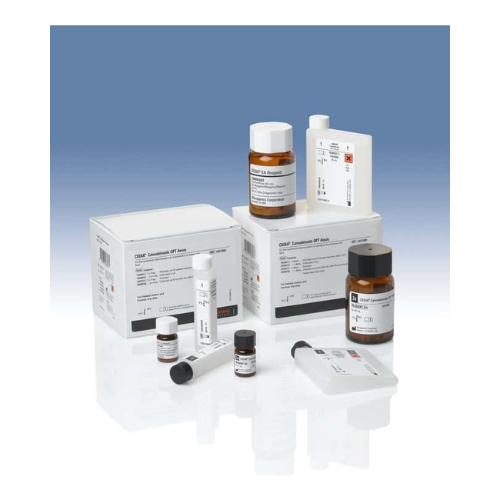For Business Use Only. Does Not Ship to Residential Addresses. For use inside an Analyzer, Sold Separately.
Thermo Kit Amph/XTC Rgt CEDIA
In Stock
Product code: T-10016417
MPN: 10016417
Manufacturer: Thermo Scientific
Shipping Weight: 2.00lbs (0.91kg)

Meet your sales rep Lee Doughton, for the West USA region.
Would you like to schedule a 30-minute consultation with Lee Doughton?
Yes, Schedule a callThermo Kit Amph/XTC Rgt CEDIA
Specifications
- Control Sets: MGC Multi-Drug Controls
- Description: CEDIA Amphetamine/Ecstasy Assay for Indiko
- Detectable Analytes: Amphetamine/MDMA
- DoA Calibrators: CEDIA Multi-Drug Calibrators
- Quantity: 3 x 17mL
- Storage Requirements: 2° to 8°C
Intended Use
The CEDIATM Amphetamines/Ecstasy assay is an in-vitro diagnostic medical device intended for the qualitative and semiquantitative assay of amphetamines and ecstasy in human urine.
Summary and Explanation of The Test
Amphetamines, amphetamine derivatives and ecstasy drugs are classified as sympathomimetic amines with CNS stimulant activity. They are psychologically and physiologically addicting, their effects include excitement, alertness, euphoria, decreased appetite, and reduced sense of fatigue. Side effects at low doses include irritability, anxiety, insomnia, blurred vision, increased blood pressure, and heart palpitations. Chronic, high dose users may develop a psychosis that can be indistinguishable from acute schizophrenia.
Amphetamines are rapidly absorbed from the gastrointestinal tract and widely distributed throughout the body. Approximately 70% of a dose is eliminated in urine in the first 24 hours after administration, and depending on urinary pH, about 30% of the dose is excreted unchanged and the remainder as metabolites. Approximately 62% of a methamphetamine dose is eliminated in urine in the first 24 hours after administration, with about 43% of the dose excreted unchanged and the remainder as metabolites, including amphetamine. Amphetamines may remain detectable in urine for 3-4 days after administration. MDMA (3, 4-methylenedioxymethamphetamine) is known to be metabolized by N-demethylation to methylenedioxyamphetamine (MDA). The human metabolism of MDA has not been studied; urine concentrations in fatal cases of up to 160 mg/L have been recorded and are indicative of excretion of substantial portions of unchanged drug.
The CEDIA Amphetamines/Ecstasy assay uses recombinant DNA technology (US Patent No. 4708929) to produce a unique homogeneous enzyme immunoassay system. This assay is based on the bacterial enzyme β-galactosidase, which has been genetically engineered into two inactive fragments. These fragments spontaneously reassociate to form fully active enzyme that, in the assay format, cleaves a substrate, generating a color change that can be measured spectrophotometrically.
In the assay, drug in the sample competes with drug conjugated to one inactive fragment of β-galactosidase for antibody binding site. If drug is present in the sample, it binds to antibody, leaving the inactive enzyme fragments free to form active enzyme. If drug is not present in the sample, antibody binds to drug conjugated to the inactive fragment, inhibiting the reassociation of inactive β-galactosidase fragments, and no active enzyme will be formed. The amount of active enzyme formed and resultant absorbance change are proportional to the amount of drug present in the sample.



